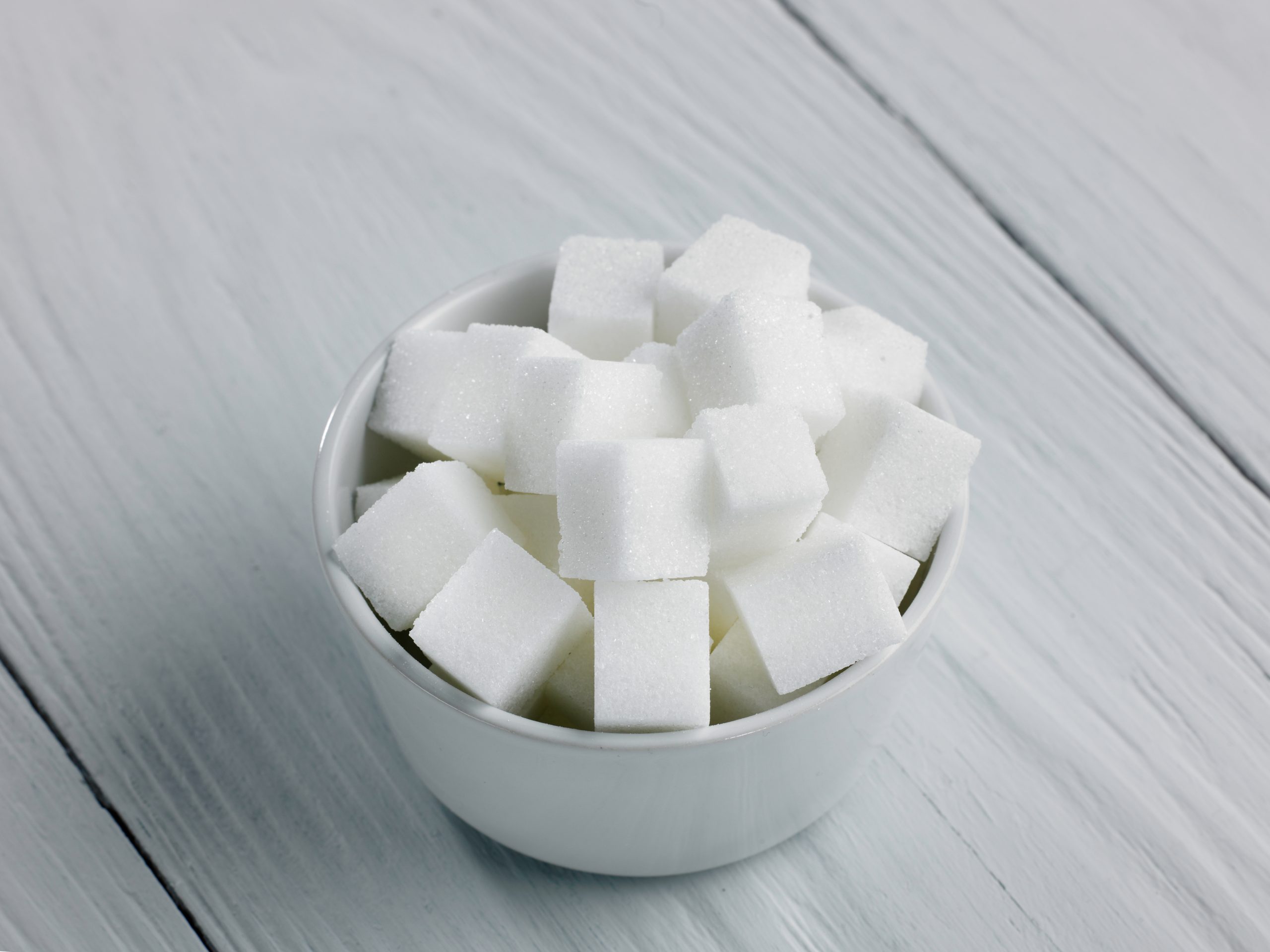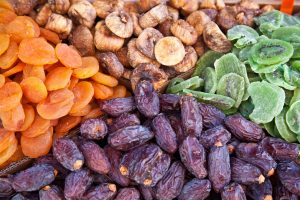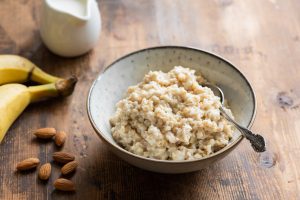What is the recommended daily sugar intake - and why is sugar bad for you?

Sneaky sugars are public enemy number one according to health experts and could be the cause of bloating, poor mood, low energy, increased appetite and inability to lose weight. But reducing your sugar cravings isn’t as hard as you think…
Exceeding your daily sugar intake can cause kidney and liver damage, dental decay, and obesity, as well as causing havoc with your glucose levels.
“Not sticking to the recommended daily sugar intake can also have detrimental effects on our heart heart disease is the number one killer in the UK,” says naturopathic nutritionist Julie Haigh. “Plus, it can be devastating for our gut, as sugary diets can cause an overgrowth of something called candida, in the gut. This leads to other health issues, such as fatigue, brain fog, headaches, depression and IBS.”
And, during the menopause, when mood swings, fatigue, and disrupted sleep are prevalent, the body is even more sensitive to the imbalances that sugar can cause.
What is the recommended daily sugar intake?
According to Fysiqal Nutrition, 96% of Brits are unsure what their daily sugar intake should be. The NHS website recommends that adults should have no more than 30g of free sugars a day, which is roughly equivalent to 7 sugarcubes.
Scarily, we’re actually eating double that. This is not surprising when a medium muffin can contain 9 tsp of sugar and a pot of yoghurt can have 4tsp.

What are the different types of sugar?
“There are more than 50 names for sugar,” says JJ. “Labels don’t make it easy to spot. Sugar is a chameleon – it’s often not even listed as sugar on the ingredients list. It may be hiding there with names like maltodextrin, barley malt or fruit juice concentrate.”
Sign up for the woman&home newsletter
Sign up to our free daily email for the latest royal and entertainment news, interesting opinion, expert advice on styling and beauty trends, and no-nonsense guides to the health and wellness questions you want answered.
As a simple rule, anything that ends in “ose” is usually a sugar (such as maltose, dectrose and fructose).
Can you get sugar withdrawal?
But what if you cut back, and try to stick to the recommended daily sugar intake? Will you get a withdrawal?
“Sugar is a drug, and getting off a drug is never easy,” says JJ. “Each time your blood sugar crashes, you’re taken over by cravings, you’re irritable, you have headaches, and you’re shaky and hungry.
"There’s no way you can get over that, as the symptoms of withdrawal are biologically designed to be diabolical, so you’ll go right back to the drug to which you’re addicted to make them stop.”
Cutting back slowly, rather than going straight in for a sugar-free diet, can help lessen the symptoms, instead of going cold turkey, and making sure you’re getting enough sleep can help.
Foods are surprisingly high in sugar...
- Medium muffin: 9tsp
- Granola: 3tsp in 50g
- Strawberry yogurt: 4tsp in 100g
- Protein Bar: 5.5tsp in 65g
- Fruit juice: 6.5tsp in 250ml
- Ketchup: 1tsp in 1tbsp
- Pasta sauce: 2tsp per serving
- Baked beans: 2tsp in ½ can

Sugar swaps to satisfy your sweet tooth
- Switch your 45g bowl of bran flakes for 45g oats and you’ll cut 1.5tsp sugar from your diet
- Swap fig rolls and crunch creams, which have nearly 1.5tsp sugar per biscuit, for a plain digestive, as they have 0.5tsp sugar per biscuit.
- Swap your ploughman’s sandwich for cheese and cucumber, and you’ll cut out 1tsp sugar.
- Swapping a 60g serving of stir-fry sauce for just a dash of chilli flakes cuts out a whopping 5tsp.
- Swap 40g of Dairy Milk for 30g of 70% dark chocolate, to cut at least 3tsp sugar.
- Rosé contains over 1tsp sugar in a 175ml glass – so switch to a gin and sugar-free diet tonic instead (you’ll cut out around 60 calories)
- Ditch a 125g pot of sweetened strawberry yogurt, which contains around 2tsp added sugar, for a 125g pot of 0% fat creamy Greek yogurt with a handful of berries on top.
Amy Hunt is an experienced digital journalist specialising in homes, interiors and hobbies. She began her career working as the features assistant at woman&home magazine, before moving over to the digital side of the brand where she eventually became the Lifestyle Editor up until January 2022. Amy won the Digital Journalist of the Year award at the AOP Awards in 2019 for her work on womanandhome.com.
-
 Unforgettable date ideas to make a great first impression or rekindle romance
Unforgettable date ideas to make a great first impression or rekindle romanceForget the same old first date formula - these unforgettable date ideas will leave them thinking about you long after you go home
By Natalie Denton Published
-
 Butter yellow might be the colour of the season, but Amal Clooney is making me want to try sunshine shades
Butter yellow might be the colour of the season, but Amal Clooney is making me want to try sunshine shadesSpark some joy by adding some statement yellow pieces to your wardrobe just in time for summer
By Matilda Stanley Published
